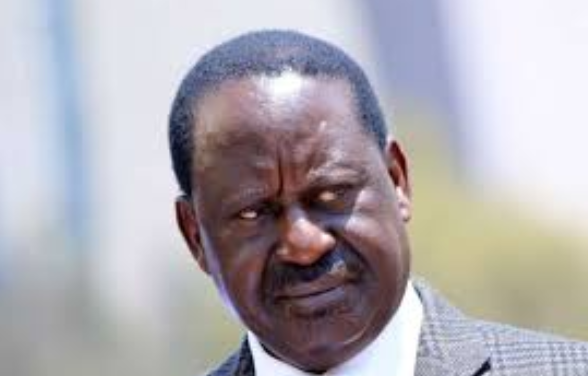
The makings of another elite political disagreement are becoming evident as key political leaders take differing positions on whether or not Kenya needs a referendum on political reforms. Opposition leader, Raila Odinga, has repeatedly asserted that a referendum is inevitable and is the only way to overcome the political difficulties Kenya is experiencing now.
On the contrary, Deputy President, William Ruto, supported by leader of the majority in the Assembly, Aden Duale, has dismissed the call for a referendum as a selfish endeavour and an attempt by political leaders to carve out jobs for themselves. President Uhuru Kenyatta has not spoken on this subject recently.